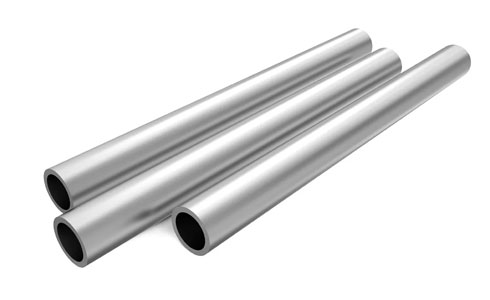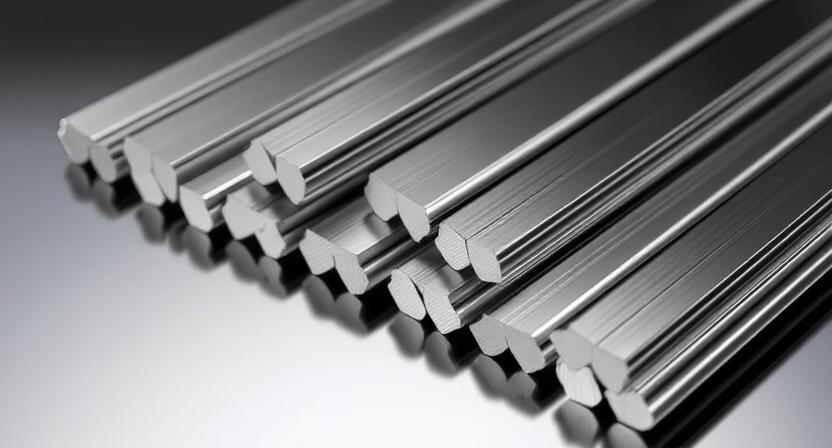Stainless Steel 321 EFW Pipes
SS 321 EFW (Electric Fusion Welded) pipes that are designed to meet the stringent requirements of industries around the world. Our state-of-the-art manufacturing process ensures that each pipe is made to the highest standards of durability, strength, and performance. Whether you are in the chemical, petrochemical, oil and gas, or power generation industries, our SS 321 EFW pipes offer a reliable solution for your specific needs. The manufacturing process of SS 321 EFW pipes, the advantages of using this material, and why Ferrobend is the best choice for your stainless steel pipe requirements. SS 321 is commonly used in boilers, heat exchangers, and exhaust systems in power plants, where high temperatures are a concern. SS 321’s corrosion resistance properties make it an excellent choice for pipes used in food and beverage processing plants.

SS 321 is an austenitic stainless steel that is stabilized with titanium. It is widely known for its excellent resistance to high-temperature corrosion, oxidation, and scaling. The addition of titanium helps to prevent the formation of chromium carbide during welding, which can reduce the material’s resistance to corrosion. This makes SS 321 an ideal material for applications involving high temperatures or aggressive environments.
EFW (Electric Fusion Welding) is a specialized welding process used to manufacture stainless steel pipes. This method involves the use of an electric arc to fuse the edges of the stainless steel sheet or plate, creating a strong, continuous weld. The process offers several benefits over traditional welding methods, including increased efficiency, enhanced pipe strength, and reduced production costs.
The selected SS 321 stainless steel sheets or plates are then cut into strips of the desired width. These strips are fed into the rolling mill, where they are formed into a cylindrical shape. This is the initial stage in forming the pipe body.
Once the strip is formed into a cylindrical shape, the edges are brought together and subjected to an electric arc. The fusion process is carefully monitored to ensure the weld is uniform, strong, and defect-free. The EFW process ensures that the weld area maintains the same strength and durability as the surrounding material, providing a pipe that is robust and reliable.
After welding, the pipes undergo heat treatment to relieve stresses created during the welding process and enhance the material’s properties. This treatment improves the corrosion resistance and overall strength of the SS 321 EFW pipes. After heat treatment, the pipes are subjected to cold working processes like straightening, sizing, and surface polishing. This step ensures the pipes meet precise dimensional requirements and achieve a smooth, corrosion-resistant surface.
Ferrobend’s SS 321 EFW pipes offer exceptional strength, durability, and resistance to corrosion, making them ideal for demanding applications in industries like chemical processing, oil and gas, and power generation. Our advanced manufacturing processes, including electric fusion welding, ensure that every pipe we produce is of the highest quality.
